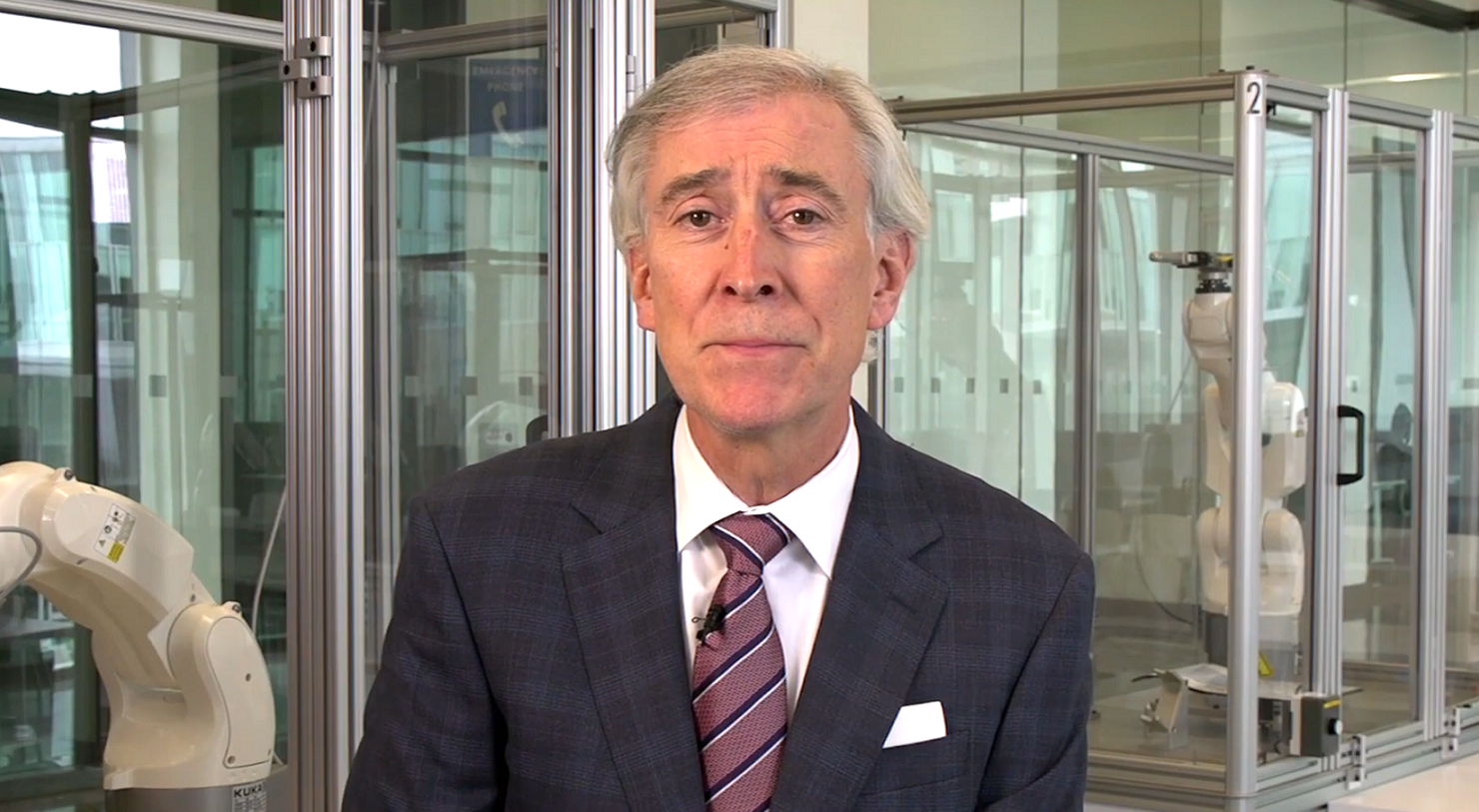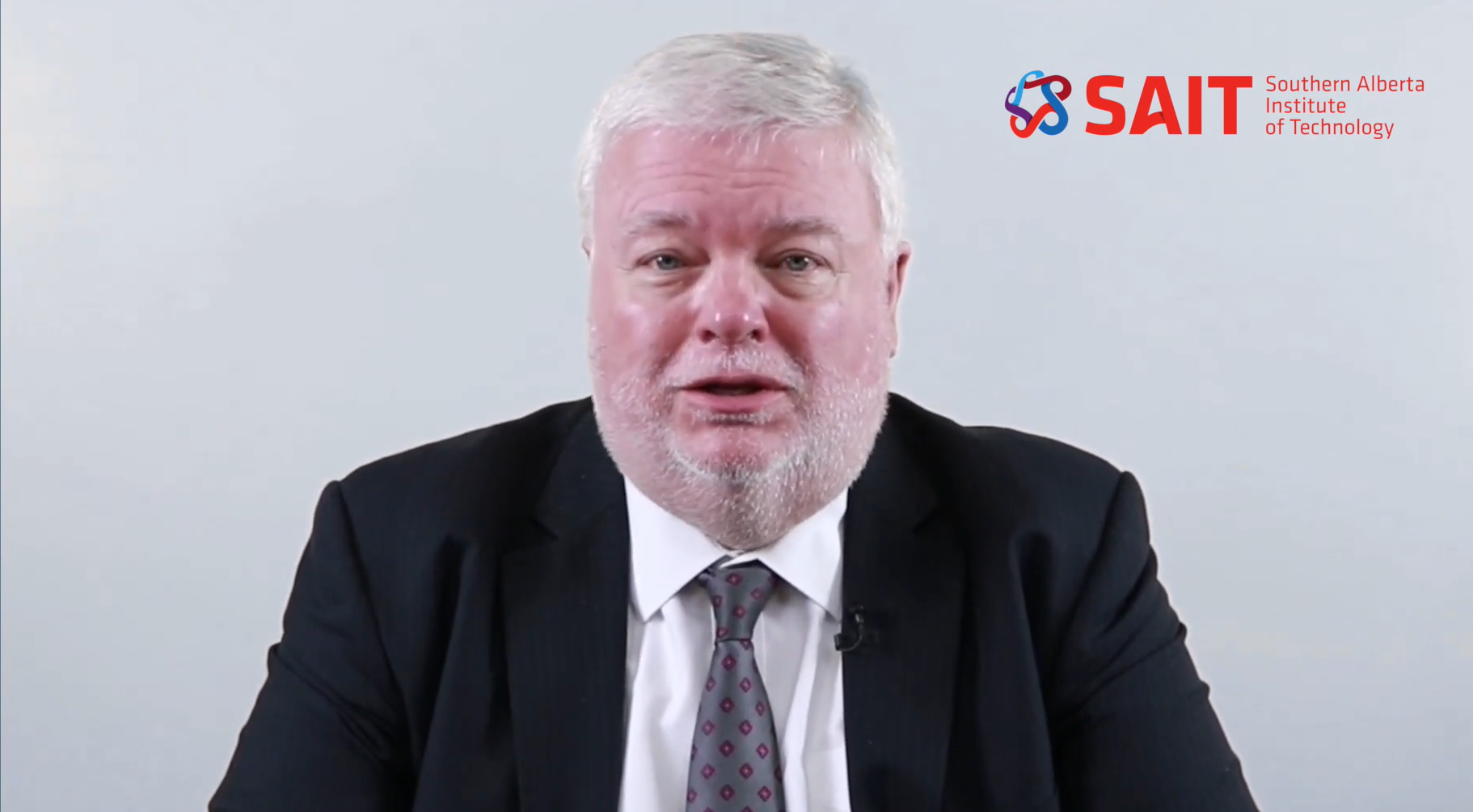As we rebuild our economy, inclusive recovery is the next big challenge
The pandemic has radically transformed the nature of work and learning, but if you think the big changes are over, think again.
Canada’s labour market is being reshaped by countless forces, from climate change to digital disruption, urbanization to shifting demographics. As we rebuild our economy in the wake of COVID-19, the stark reality of rapid, constant change must be front of mind.
Read More > “As we rebuild our economy, inclusive recovery is the next big challenge”
Polytechnics are future-proofing our work force with technology and innovation
To help manage the influx of new business spurred by the pandemic, Skip the Dishes called Red River College Polytechnic (RRC Polytech) in Winnipeg and asked for help at the start of the year. The food delivery network requested a set of courses be designed to train the Winnipeg-based company’s work force as they grew and brought in a wave of new hires.
“[Industries] are looking at polytechnics for the expertise, flexibility and nimbleness that we’re really well-known for and that allows us to solve today’s problems,” says Dr. Christine Watson, RRC Polytech’s VP Academic and Research.
Read More > “Polytechnics are future-proofing our work force with technology and innovation”
Former SAIT grad champions tech school for preparing her for ‘real world’
Yekaterina Giyasova never considered herself a top student.
The SAIT business graduate had earned a degree in Thailand before she returned to Calgary to attend the polytechnic school.
She graduated in 2017 from the Southern Alberta Institute of Technology with a President’s medal, which recognizes outstanding student achievement.
Read More > “Former SAIT grad champions tech school for preparing her for ‘real world’”
When polytechnic schools and industry collaborate, students gains skills and businesses solve problems
When Guillermo Acosta looks out the window at Humber College’s Faculty of Media & Creative Arts he sees a fleet of construction cranes, but also something else — the future of how education, industry and the arts will work together.
Environmental studies evolve to manage new threats, climate change pressures
If you want to understand how the environmental studies landscape in Canada has changed, think back to Walkerton, says Sean Beingessner.
In 2000, an e.coli outbreak in the water supply of the small Ontario town sickened hundreds of residents and killed seven. The disaster resulted in more stringent training and water-testing requirements for water-system operators. It was shortly afterwards that Algonquin College’s Water and Wastewater Technician program began, in response to an unexpected new industry need borne out of changing social and legislative norms.
Read More > “Environmental studies evolve to manage new threats, climate change pressures”






